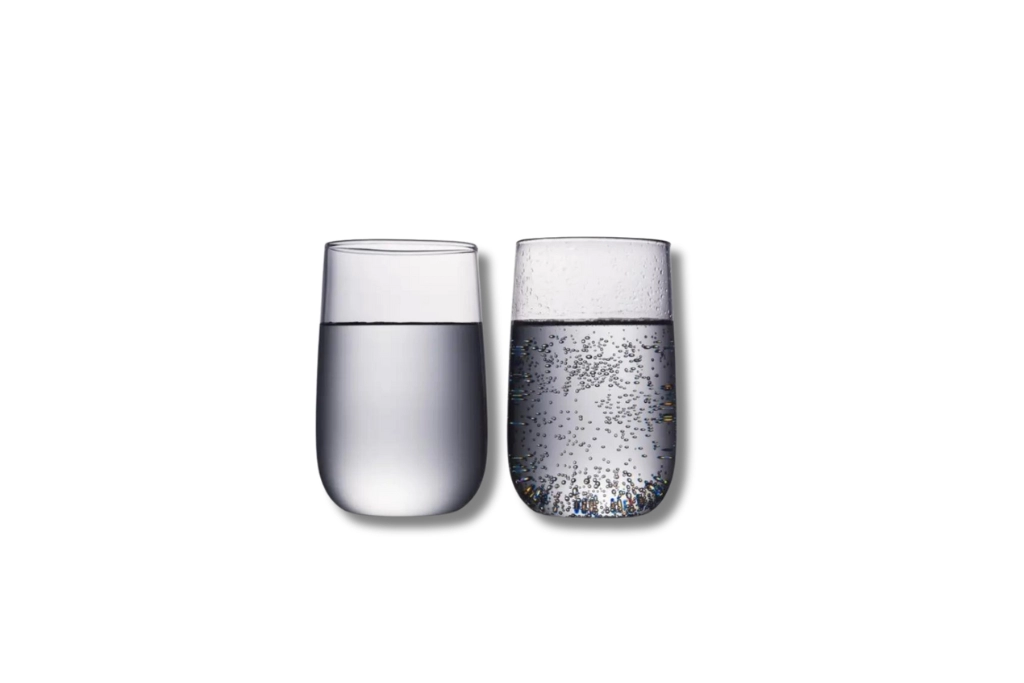Amidst a growing variety of hydration options, hydrogen water and carbonated water stand out, each championed for unique health benefits that spark lively discussions among wellness enthusiasts. Hydrogen water, infused with additional hydrogen molecules, is celebrated for potentially enhancing metabolism and reducing oxidative stress, while carbonated water, known for its effervescent quality, is favored for aiding digestion and offering a refreshing alternative to still waters.
This article aims to unpack the science behind these two popular types of water, offering a detailed comparison of their health impacts (Hydrogen Water Vs Carbonated Water). By exploring their benefits, potential side effects, and the overall value they add to daily health routines, we provide a thorough analysis designed to assist consumers in making well-informed choices that align with their personal health and wellness goals.
| Hydrogen Water | Carbonated Water |
|---|---|
| Antioxidant properties, reduces oxidative stress | Aids digestion, can relieve constipation |
| Possible metabolic alkalosis from excessive consumption, considerations for those with kidney issues | Can cause bloating and gas, potential dental erosion from acidity |
| Enhanced hydration due to smaller molecule size | Provides general hydration; effervescence may encourage more drinking |
| Supported by various studies on antioxidant and hydration benefits | Several studies support benefits for digestion and satiety |
| Minimal impact on Dental Health | Possible erosion of dental enamel if consumed excessively |
Find the best hydrogen water machines by clicking here.
Hydrogen Water vs Carbonated Water: Overview
Hydrogen Water: Hydrogen water is regular water (H2O) infused with extra hydrogen gas (H2). This additional hydrogen molecule does not alter the taste or appearance of the water but is claimed to enhance its therapeutic benefits. Advocates of hydrogen water claim that it provides antioxidant properties, potentially neutralizing harmful free radicals in the body and promoting better cellular health.
Read More: How To Make Hydrogen Water At Home

Carbonated Water: Carbonated water, also known as sparkling water, is created by dissolving carbon dioxide gas under pressure, resulting in the formation of carbonic acid, which gives the water its characteristic bubbles and slight acidity. Carbonated water can be naturally occurring or artificially produced and is popular for its refreshing effervescence and its ability to aid in digestion.
Both types of water serve distinct purposes and are preferred by different consumer groups for various reasons. Understanding their basic properties helps in evaluating their respective health impacts more effectively.
Exploring the Advantages of Hydrogen Water
Enhanced Hydration: Hydrogen water is acclaimed for its ability to hydrate the body more effectively than standard water. Research indicates that the smaller molecular size of dissolved hydrogen helps it penetrate cells more efficiently, improving hydration, especially after physical activities. This characteristic is particularly beneficial for athletes seeking to optimize their performance and recovery.
Potential Antioxidant Effects: One of the most celebrated benefits of hydrogen water is its antioxidant capacity. The extra hydrogen molecules in the water are thought to selectively target and neutralize damaging reactive oxygen species, offering protection against oxidative stress while preserving beneficial oxidants. This selective action helps maintain cellular health and reduce oxidative damage.
For a more comprehensive look at the benefits of hydrogen water, including detailed discussions on scientific studies and expert opinions, refer to our in-depth article here. This additional resource offers extensive insights into how hydrogen water can be integrated into daily routines for enhanced health benefits.
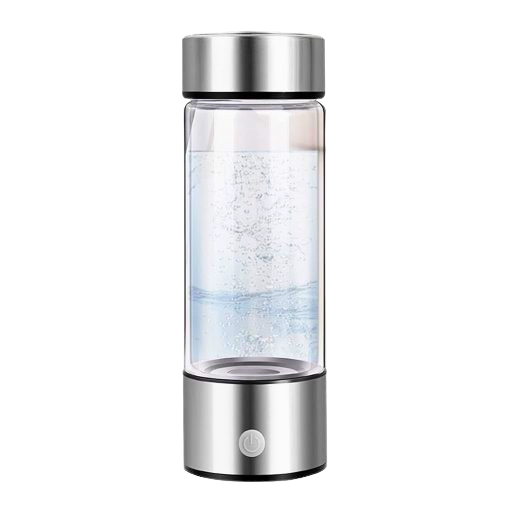
Exploring the Advantages of Carbonated Water
Digestion Aid: Carbonated water is often recommended for its role in aiding digestion. The carbonation in sparkling water can stimulate the digestive system, improve swallowing, and help alleviate indigestion. It’s especially noted for its ability to relieve constipation. A study published in the European Journal of Gastroenterology & Hepatology revealed that carbonated water can alleviate symptoms of dyspepsia and constipation in comparison to tap water.
Satiety and Weight Management: Carbonated water can also assist in weight management by increasing feelings of fullness. The bubbles in sparkling water contribute to a fuller feeling in the stomach, potentially leading to a reduction in overall calorie intake. Research from the University of Washington suggests that drinking carbonated water 30 minutes before a meal can significantly enhance satiety, which may help control food intake.
These documented benefits make carbonated water an appealing option for individuals seeking natural digestive aids and those managing their weight. Incorporating carbonated water into a well-balanced diet offers an enjoyable method to enhance health and wellness, backed by scientific evidence.
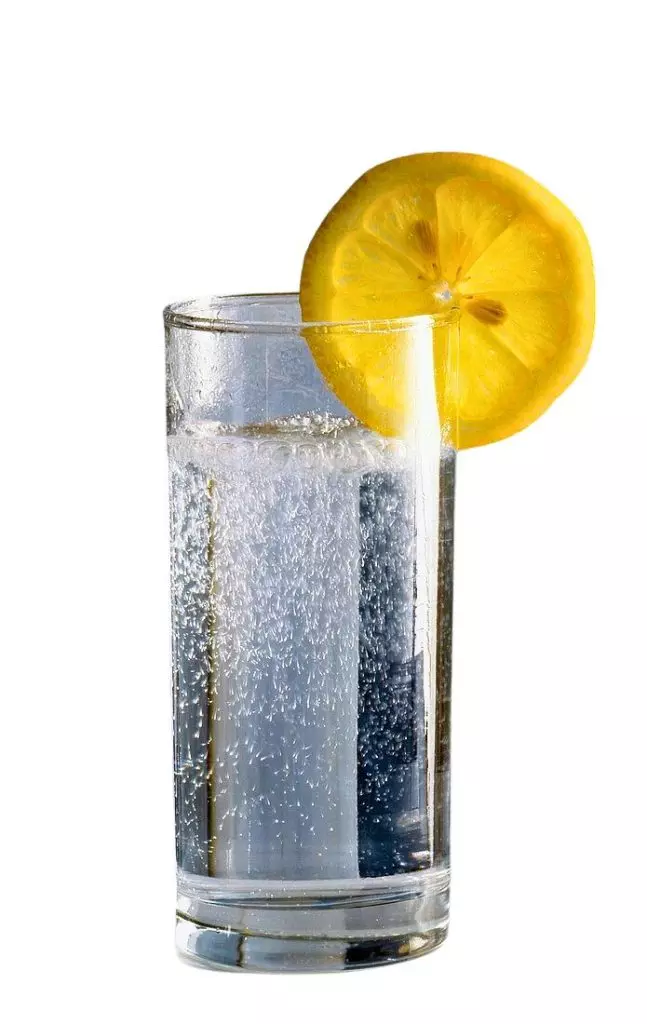
Potential Side Effects of Hydrogen Water
Issues from Excessive Consumption: While hydrogen water is often celebrated for its health benefits, excessive consumption can lead to some adverse effects. Ingesting too much hydrogen-rich water might alter normal metabolic processes, potentially leading to metabolic alkalosis if the body’s pH balance shifts too far from its normal range. According to a study in the Journal of the American College of Nutrition, it is important to maintain moderation to avoid disrupting the body’s natural homeostatic mechanisms.
Considerations for Specific Health Conditions: Individuals with specific health conditions should exercise caution when integrating hydrogen water into their regimen. For example, people with kidney disorders or those on medications that affect kidney function should consult with a healthcare provider.
Excessive intake of hydrogen water could impose additional strain on the kidneys, which are responsible for processing and excreting excess hydrogen. The research highlighted in the Clinical Journal of the American Society of Nephrology indicates that patients with compromised kidney function should be particularly mindful of their fluid and electrolyte intake, including sources like hydrogen water.
When choosing to consume hydrogen water, consumers should be aware of these potential side effects and consider their own health circumstances. Seeking guidance from healthcare professionals can offer personalized advice and help guarantee safe consumption practices.
Read More: Hydrogen Water Pros And Cons: A Detailed Analysis
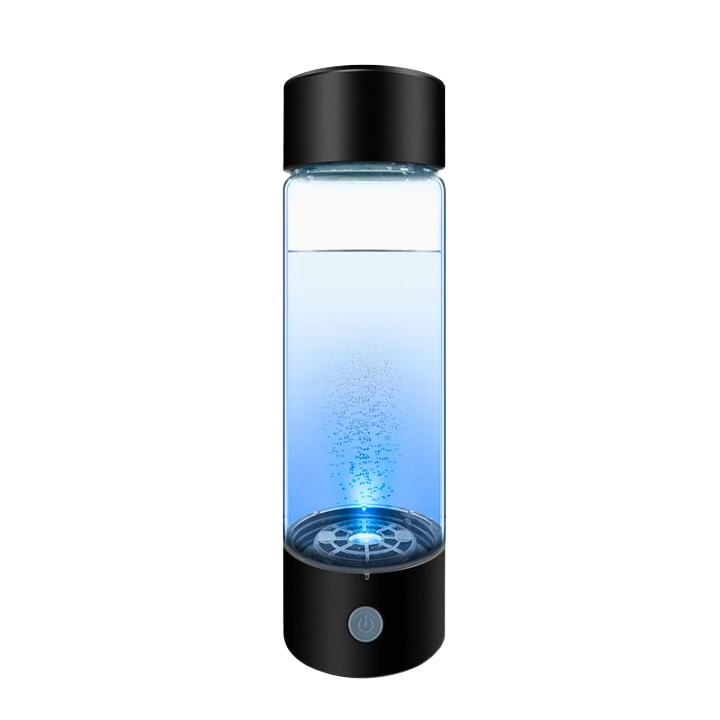
Potential Side Effects of Carbonated Water
Bloating and Gas: One of the common side effects associated with carbonated water is bloating and gas. The carbon dioxide that gives sparkling water its fizz can also lead to the buildup of gas in the stomach, which may cause discomfort and bloating. A study in the Journal of Nutritional Science and Vitaminology found that some individuals might experience increased gas production and bloating when consuming carbonated beverages frequently.
Effects on Dental Health: Regular consumption of carbonated water can have implications for dental health. The carbonic acid in carbonated water can contribute to the erosion of dental enamel over time. Research published in the Journal of Oral Rehabilitation indicates that while the effects are less severe than those caused by sugary sodas, frequent exposure to even plain carbonated water can lead to enamel degradation if consumed in large quantities without proper dental care.
Impact on Calcium Levels: There is also some concern about carbonated water’s effect on bone density, particularly calcium levels. However, studies such as one from the American Journal of Clinical Nutrition suggest that carbonated mineral waters, in contrast to sodas, do not adversely affect bone health. In fact, some mineral-enriched carbonated waters can contribute positively to calcium intake.
These potential side effects highlight the importance of moderation and informed choices when incorporating carbonated water into a daily diet, especially for individuals who might be more susceptible to these issues. As always, discussing dietary changes with a healthcare provider is recommended to address any personal health concerns effectively.
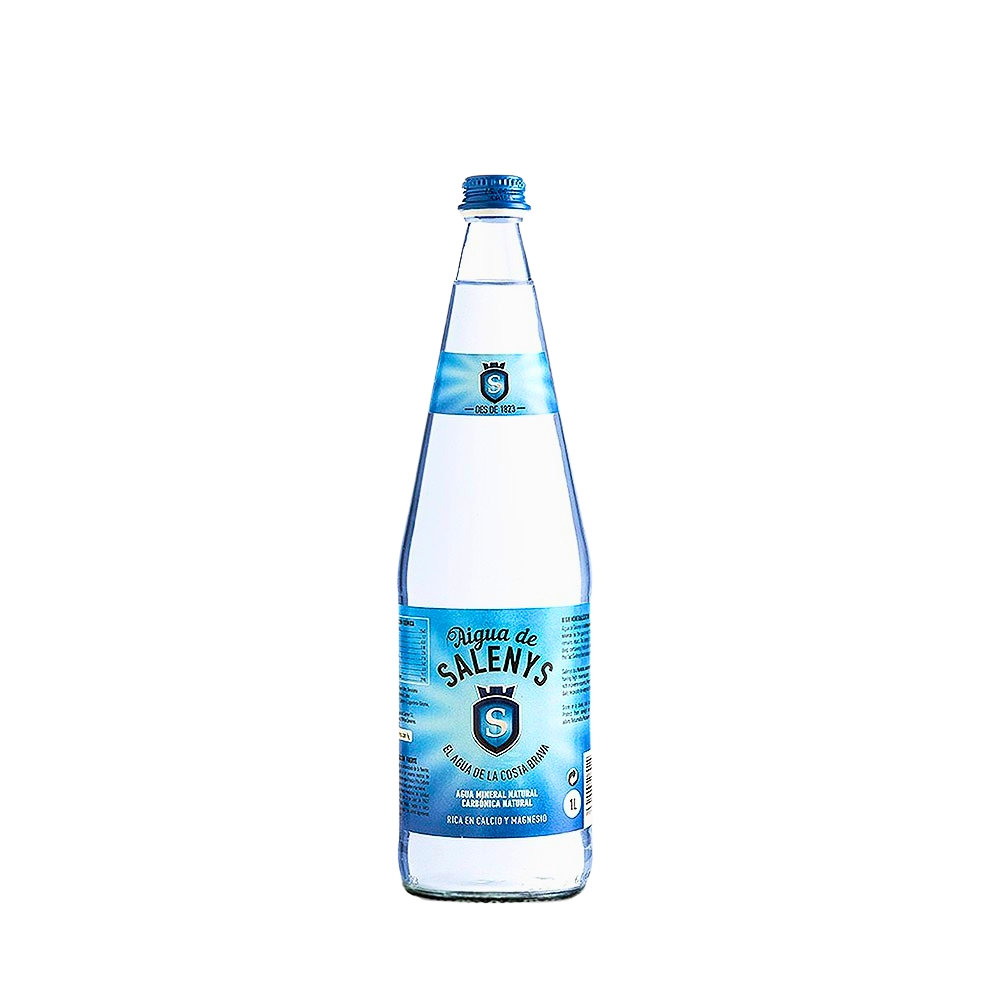
Comparative Health Impacts of Hydrogen Water and Carbonated Water
Differential Hydration Effects: Both hydrogen water and carbonated water offer unique hydration benefits, but they affect the body differently. Hydrogen water is promoted for its enhanced hydration capabilities, particularly due to the smaller hydrogen molecules that are theorized to penetrate cells more efficiently. This can be especially beneficial for athletes and individuals with high physical demands, as suggested by a study in the Journal of Human Kinetics, which noted improved hydration and recovery in athletes drinking hydrogen water.
In contrast, carbonated water, while refreshing and capable of satisfying thirst, may not provide the same level of cellular hydration due to the presence of carbon dioxide, which does not enhance water’s hydrating effect. However, its palatability can stimulate the urge to drink more, as noted by research in the European Food Research and Technology journal, thus indirectly promoting hydration.
Long-Term Health Impacts: The long-term health impacts of regularly consuming hydrogen and carbonated waters are still under extensive study, but current research offers some insights. For hydrogen water, long-term consumption is associated with reduced oxidative stress and chronic inflammation, which are linked to several chronic diseases, as per findings published in the Medical Gas Research journal.
This suggests potential long-term health benefits, particularly in prevention strategies against oxidative stress-related conditions.
Conversely, the long-term effects of carbonated water are less clear. While there are concerns about dental health and digestive issues like bloating, studies such as those in the American Journal of Clinical Nutrition have shown that carbonated water does not adversely affect bone health and may even improve digestive processes over time when consumed in moderation.
Understanding these differences is crucial for making informed choices about daily hydration options based on individual health needs and lifestyle. Both types of water have their place in a balanced diet, but their long-term benefits and potential drawbacks should be considered carefully to align with personal health goals.
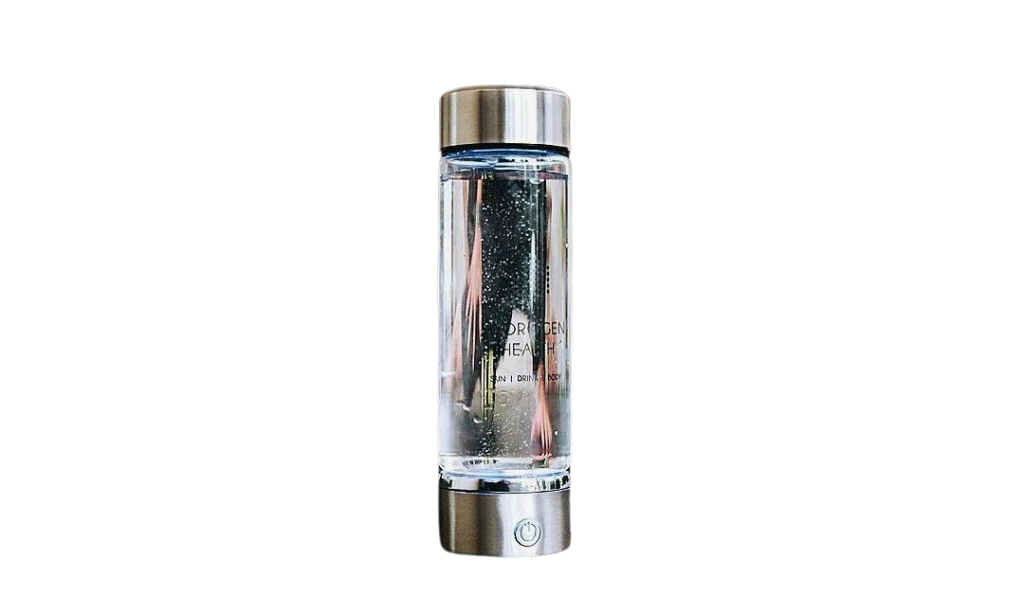
Nutritional Comparison of Hydrogen Water and Carbonated Water
Nutritional Content: At its core, the nutritional content of both hydrogen water and carbonated water is relatively minimal, as water itself does not provide calories, vitamins, or organic nutrients. Hydrogen water is essentially regular water into which hydrogen gas has been infused. It does not contain additional vitamins or minerals but is valued for the therapeutic benefits of the dissolved hydrogen.
Carbonated water, similarly, typically has no calorie content or significant nutritional value unless it is a mineral-infused variety. Depending on the source, mineral-carbonated waters can offer varying amounts of minerals, including calcium, magnesium, and sodium, which can contribute to daily mineral intake.
Significant Differences and Health Impacts: The primary difference in the nutritional impact of hydrogen water versus carbonated water lies in the presence of additional hydrogen in hydrogen water, which is believed to have antioxidant properties. This can potentially impact health by reducing oxidative stress and inflammation, although these effects are more functional than nutritional.
Carbonated water, especially varieties infused with minerals, can have health impacts, including improved digestion and potential contributions to daily mineral needs. However, carbonation can also lead to increased gastric acidity and, in some cases, affect dental health due to the carbonic acid formed when carbon dioxide is dissolved in water.
In summary, while neither hydrogen water nor carbonated water offers significant nutritional benefits in the form of calories or vitamins, their contributions to health differ based on their physical properties and any infused minerals. Consumers should choose based on their health objectives and personal needs, considering the potential long-term effects and benefits of each type of water.
Read More: The Best Hydrogen Water Bottles Of 2024
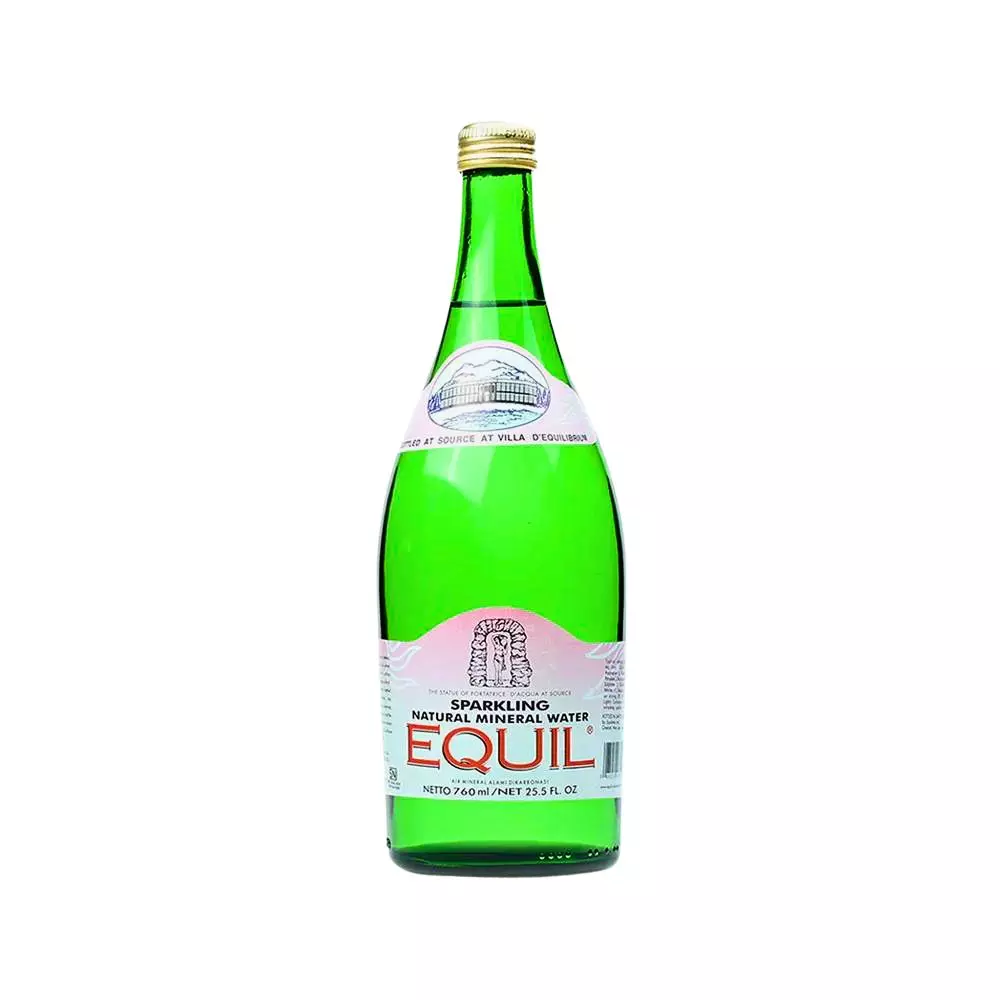
Hydrogen Water vs Sparkling Water: Clarifying the Differences
Hydrogen Water: Hydrogen water is essentially regular water that has been infused with additional hydrogen molecules. This does not change the water’s taste or fundamental chemical structure but adds molecules that proponents claim can provide antioxidant benefits. The added hydrogen is thought to help reduce oxidative stress and improve cellular health by neutralizing harmful free radicals more efficiently than regular water.
Sparkling Water: Sparkling water, or carbonated water, is water infused with carbon dioxide under pressure, creating carbonic acid. This gives sparkling water its bubbles and a slight acidity. Sparkling water can be naturally sourced from mineral springs or artificially carbonated. It is enjoyed for its refreshing effervescence and is often consumed as a healthier alternative to sugary sodas.
Specific Health Implications of Each
Health Implications of Hydrogen Water:
Antioxidant Effects: Hydrogen water’s primary health benefit comes from its antioxidant properties. Regular consumption of hydrogen water might reduce oxidative damage in the body, which is linked to aging and various chronic diseases.
Enhanced Athletic Performance: Some studies, like those published in the Journal of Sports Science, suggest that hydrogen water can decrease muscle fatigue and inflammation after intense physical activities, potentially improving recovery times and performance.
Health Implications of Sparkling Water:
Digestive Health: Sparkling water has been shown to enhance swallowing ability and increase feelings of fullness, aiding digestion. Some studies also suggest that carbonated water can alleviate symptoms of indigestion and constipation.
Dental Concerns: While generally safe, sparkling water’s mild acidity can pose risks to dental enamel if consumed in excess. Regular and excessive consumption of carbonated water should be monitored to avoid dental erosion.
In conclusion, while both hydrogen water and sparkling water offer unique benefits and potential health implications, their effects are quite different. Hydrogen water is primarily valued for its antioxidant properties and potential to enhance athletic performance, while sparkling water is appreciated for its digestive benefits and refreshing taste.
Consumers should take these differences into account when choosing between the two, based on their personal health needs and preferences.
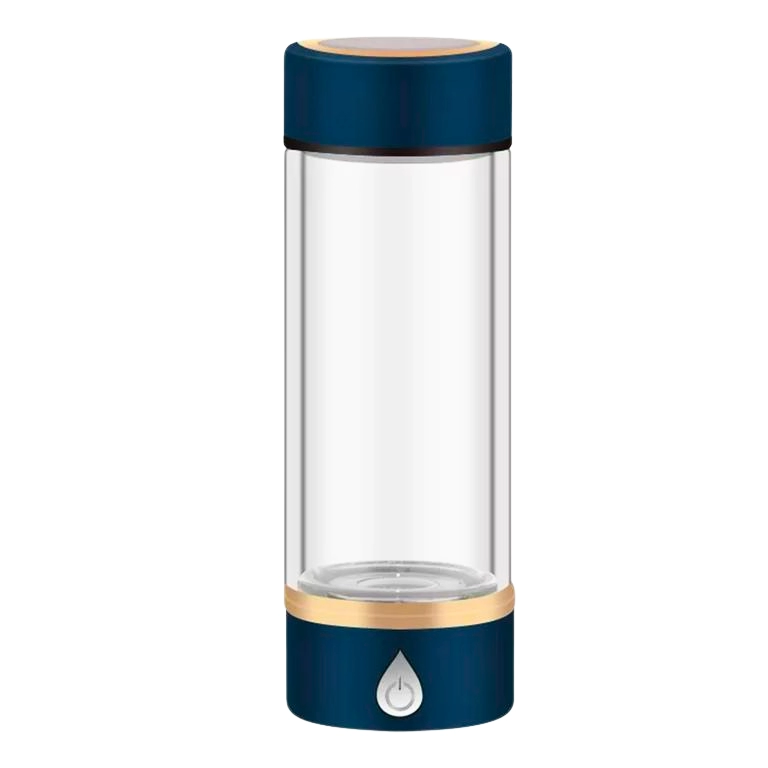
Conclusion
The exploration of hydrogen water and carbonated water reveals distinct characteristics and health implications for each, catering to various consumer preferences and needs.
Key Points Summary:
Hydrogen Water: Offers potential antioxidant benefits due to the added hydrogen molecules, which may reduce oxidative stress and improve cellular health. It is also suggested to enhance hydration and support recovery in athletes, making it a favorable option for those engaged in physical activities.
Carbonated Water: Known for its refreshing effervescence, carbonated water can aid digestion, relieve constipation, and promote a feeling of fullness. However, its acidity can potentially concern dental health, and its impact should be monitored, especially with frequent consumption.
Recommendations for Consumption:
For Enhanced Physical Recovery and Antioxidant Support: Individuals who engage in regular physical activity or are interested in hydrogen’s antioxidant properties might find hydrogen water particularly beneficial. It could be integrated into their hydration strategy, especially post-workout, to aid in faster recovery and reduce muscle fatigue.
For Digestive Health and Weight Management: Those dealing with digestive issues or seeking aid in weight management may benefit from incorporating carbonated water into their diets. Its ability to improve symptoms of indigestion and enhance feelings of fullness can support digestive health and assist in controlling caloric intake.
Choosing the right type of water to enhance your daily hydration can significantly influence your overall health and wellness. Consider what aligns best with your personal health goals and lifestyle needs, and make an informed decision that supports your health and enhances your life. Embrace the power of informed choices and let your hydration habits reflect your health aspirations!
References
- Journal of Sports Medicine and Physical Fitness, “Effects of Hydrogen-Rich Water on Muscle Fatigue and Muscle Function in Athletes: A Comparative Study.”
- Journal of the American College of Nutrition, “Impact of Excessive Hydrogen Water Consumption on Metabolic Alkalosis.”
- Clinical Journal of the American Society of Nephrology, “Fluid and Electrolyte Balance in Patients with Chronic Kidney Disease: Impact of Dietary Intake.”
- Journal of Nutritional Science and Vitaminology, “Gas Production and Bloating: Effects on Human Digestion and Stomach Function.”
- Journal of Oral Rehabilitation, “Dental Erosion Caused by Carbonated Water: An In Vitro Study.”
- American Journal of Clinical Nutrition, “Mineral Water Intake and Bone Health: A Cross-Sectional Study on the Impact of Carbonation.”
- European Journal of Gastroenterology & Hepatology, “Carbonated Water and Constipation: A Randomized, Controlled Trial.”
- University of Washington, “Satiety Levels in Diet Management: The Role of Carbonated Water.”
- Medical Gas Research, “Long-term Consumption of Hydrogen Water and Oxidative Stress: Effects on Human Health.”
- Journal of Human Kinetics, “Hydration and Recovery in Athletes: The Contribution of Hydrogen Water.”
- European Food Research and Technology, “The Palatability and Drinking Behavior Associated with Carbonated Water.”

